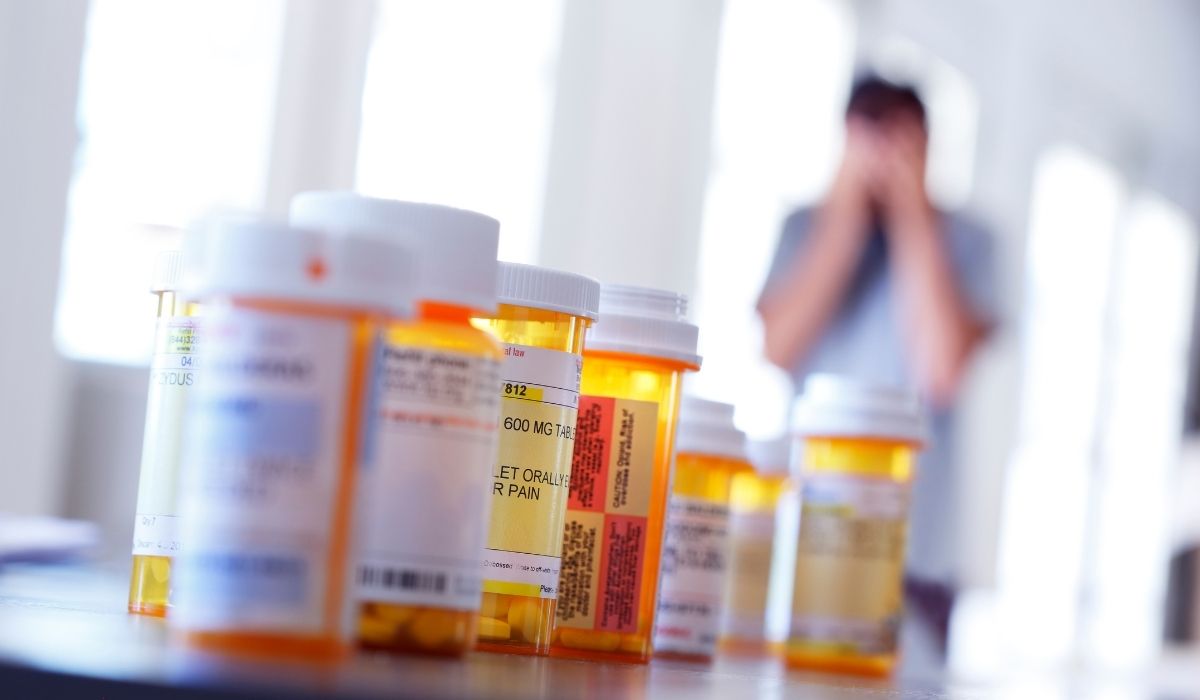How Do Drugs Affect Your Mental Health?
Drugs and alcohol can hurt your brain, body, and emotions. They can change how you feel, think, and act. This can lead to problems with mental health, relationships, school, or work. This article will help you understand how do drugs affect your mental health, what to watch for, and how to get help.

What Are Drugs?
Drugs are substances that change how your brain or body works. They can be legal, like medicine you get from a doctor, or illegal, like methamphetamine or phencyclidine. People may use drugs to feel good, relax, or escape stress. But many drugs can be harmful.
Some common drugs include:
-
Alcohol
-
Stimulants like amphetamine
-
Opioids like heroin
-
Inhalants
-
Prescription drugs like diazepam, alprazolam, and flunitrazepam
How Drugs Affect the Brain and Mental Health
Drugs change the brain’s neurotransmitters, which are chemicals that send messages. One key chemical is dopamine, which affects pleasure, motivation, and the reward system. When you take a drug, it can flood the brain with dopamine, making you feel euphoria or high.
Over time, your brain changes. It may stop making its own dopamine, making it hard to feel happy without the drug. This can lead to addiction, where a person feels they need the drug to feel okay.
These brain changes can cause or worsen mental disorders like:
-
Depression
-
Anxiety
-
Bipolar disorder
-
Schizophrenia
-
Psychosis

What Is Dual Diagnosis?
Some people have both a mental disorder and a substance use disorder (SUD). This is called dual diagnosis. A person with major depressive disorder might use drugs to cope, but the drugs make the depression worse. This cycle can be hard to break.
A mental health professional can help diagnose and treat dual diagnosis using tools like the Diagnostic and Statistical Manual of Mental Disorders (DSM), created by the American Psychiatric Association.
How Do Drugs Affect Feelings and Behavior?
Drugs can change how a person acts and feels. Some effects include:
-
Irritability
-
Paranoia
-
Shame
-
Violence
-
Suicidal ideation
-
Loss of motivation
-
Loss of attention and focus
These changes can hurt relationships, school performance, and safety.
Drug Use and Physical Health
Drugs don’t just affect your mind — they hurt your body too. Here are some common physical problems caused by drugs and alcohol:
-
Liver damage
-
Lung cancer
-
Breast cancer
-
Blood pressure problems
-
Heart rate issues
-
Headache
-
Nausea and vomiting
-
Seizure
-
Insomnia and poor sleep
-
Immune system problems
-
HIV, hepatitis, or hepatitis C (from injection drug use)
-
Dementia
-
Death
Some drugs, especially opioids, can slow breathing and lead to overdose and death.
Drug Withdrawal and Relapse
Drug withdrawal happens when a person stops using a drug. It can cause:
-
Sweating
-
Headache
-
Depression
-
Irritability
-
Anxiety
-
Insomnia
These symptoms can be scary and painful, leading some people to start using drugs again. This is called relapse.
Why Do People Use Drugs?
There are many risk factors for drug use:
-
Peer pressure
-
Genetics
-
Family problems
-
Trauma
-
Domestic violence
-
Mental health issues
-
Policy and accessibility to drugs
-
Lack of coping skills
-
Curious behavior
-
Pregnancy-related stress
-
Wanting to feel better or escape pain
Even people who use drugs once to have fun can become addicted over time.
Drugs and the Internet
Some young people learn about drugs from the internet or society, which may show drugs in a cool or fun way. But this information can be misleading or dangerous.
It’s important to find the right information from mental health professionals, doctors, or trusted websites like the National Institute for Health and Care Excellence (NICE).
Drug Use Can Lead to Mental Illness
Using drugs for a long time can lead to mental illness. This includes:
-
Depression
-
Anxiety
-
Psychosis
-
Bipolar disorder
-
Schizophrenia
People may feel hopeless, scared, or alone. But help is available.
Treatment for Drug and Mental Health Problems
There are many ways to get better, including:
-
Therapy: like dialectical behavior therapy
-
Medication: such as clozapine for schizophrenia
-
Help from a psychiatry or psychology expert
-
Support groups
-
Talking to a caregiver or trusted adult
Every patient is different. A good mental health professional will create a plan that fits your needs.
Healthy Ways to Cope Without Drugs
If you’re feeling sad, angry, or scared, try these healthy ways to cope:
-
Talk to a trusted adult or friend
-
Write in a journal
-
Exercise or play outside
-
Listen to music
-
Learn something new
-
Get enough sleep
-
Eat healthy food
-
Ask for help when you need it
How Families and Society Can Help
Families, schools, and communities can help stop drug use before it starts. They can:
-
Teach young people about risk and safety
-
Offer mental health support early
-
Reduce violence and shame
-
Make healthy choices more accessible
Everyone plays a role in making life safer and healthier.

Seeking Treatment? We Can Help!
We work with PPO Out of Network Health Insurance Policies
If you or a loved one are struggling with mental health challenges or substance abuse, reach out to Mountain Sky Recovery today. Our team of compassionate professionals is here to support your journey towards lasting well-being. Give us a call at 951-498-5412. Visit SAMHSA for more information.



